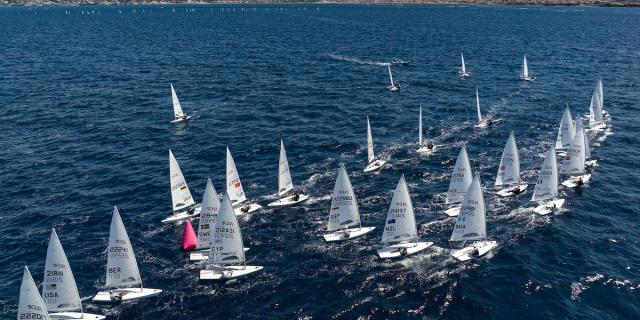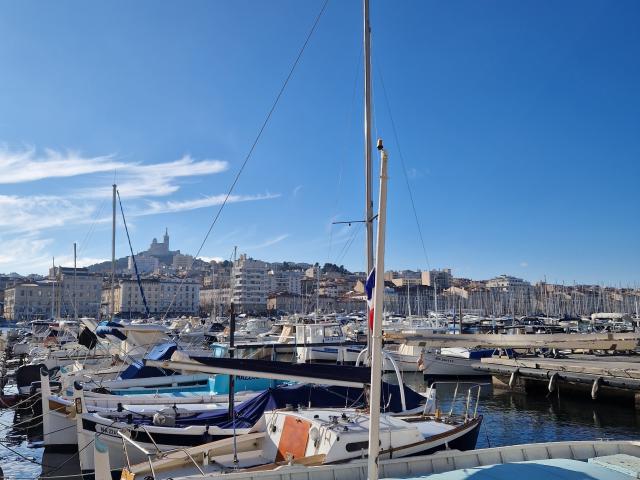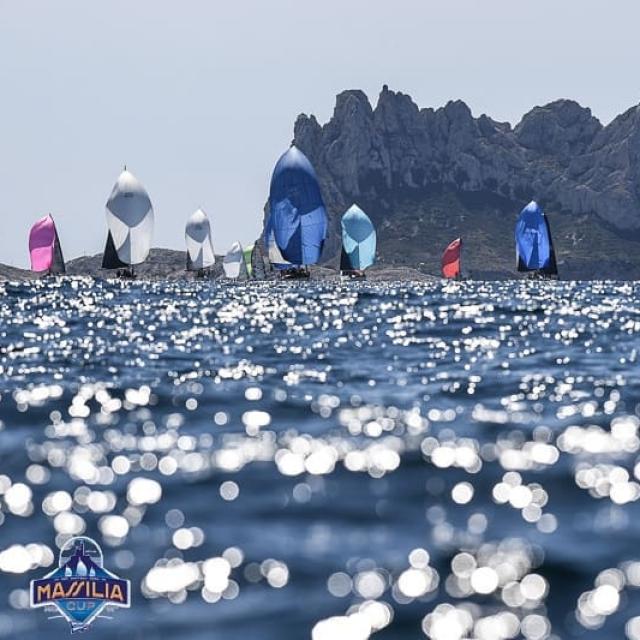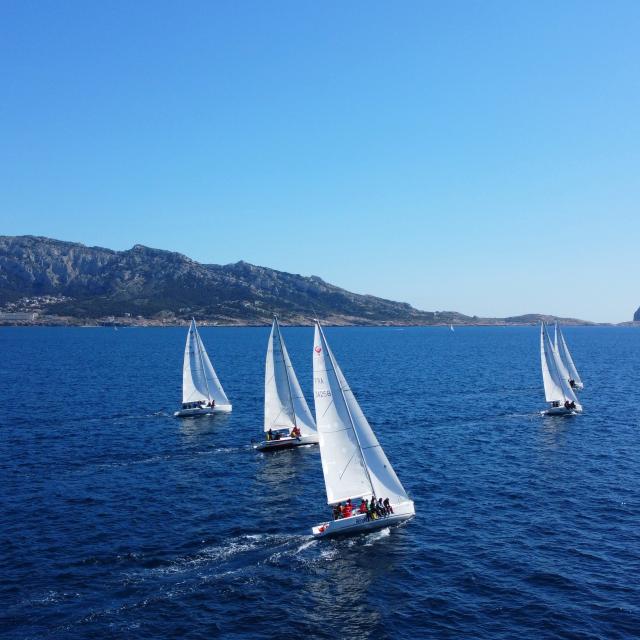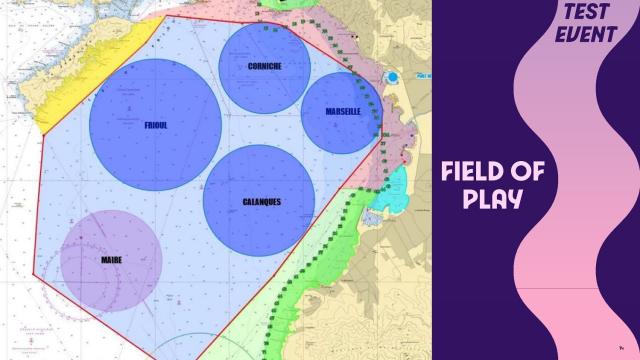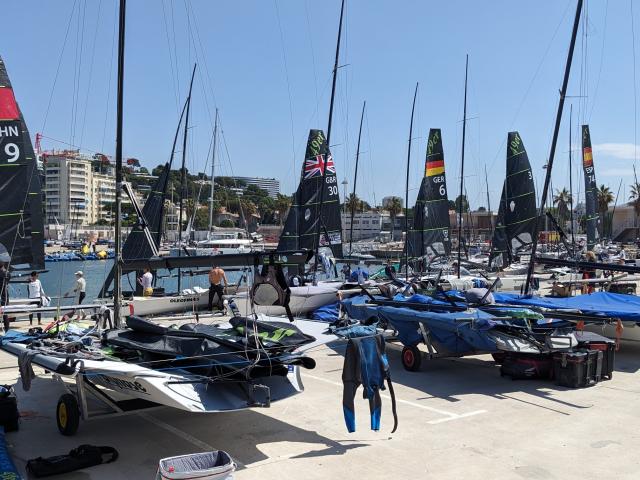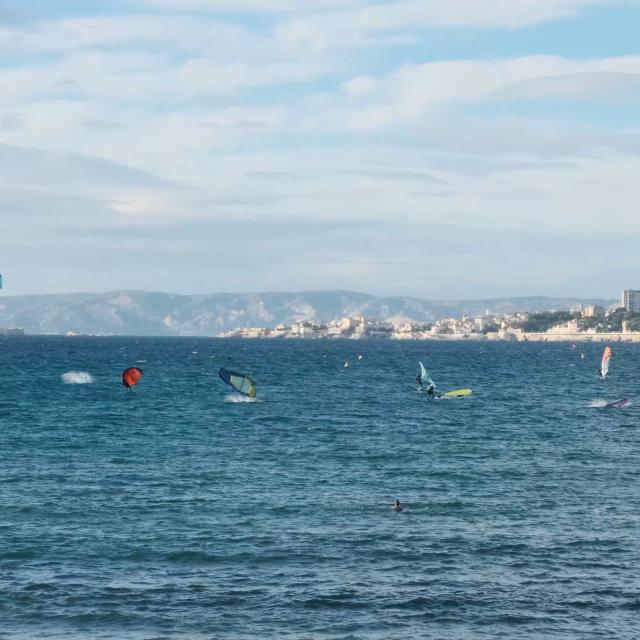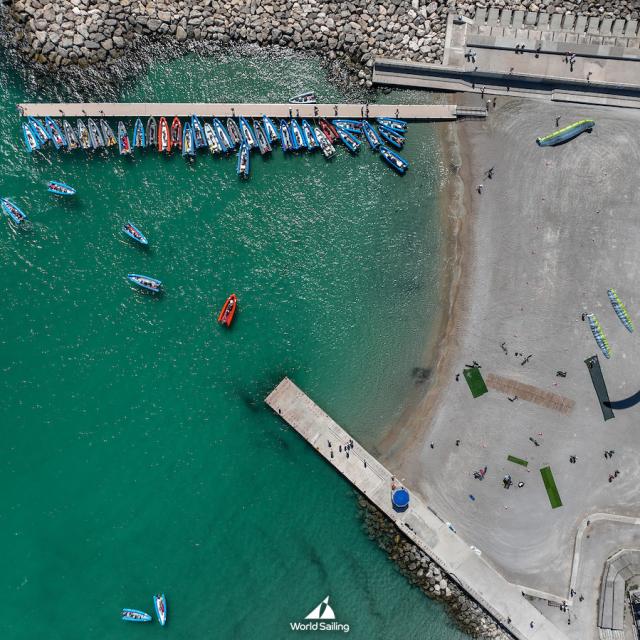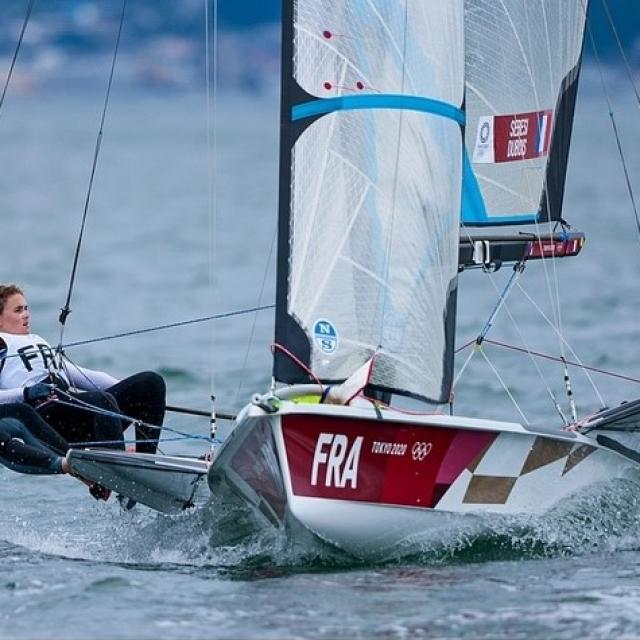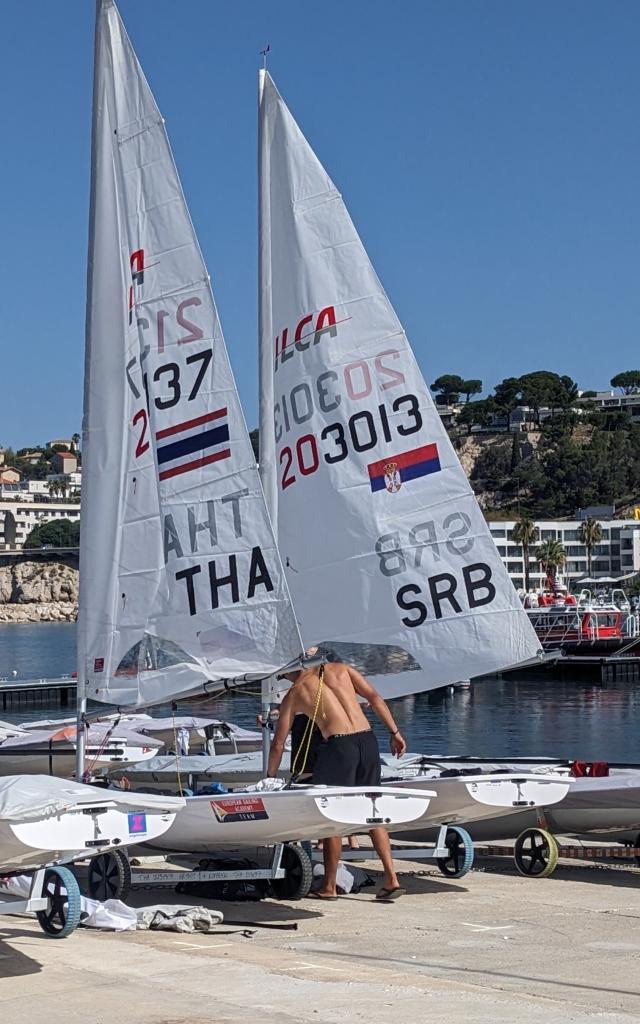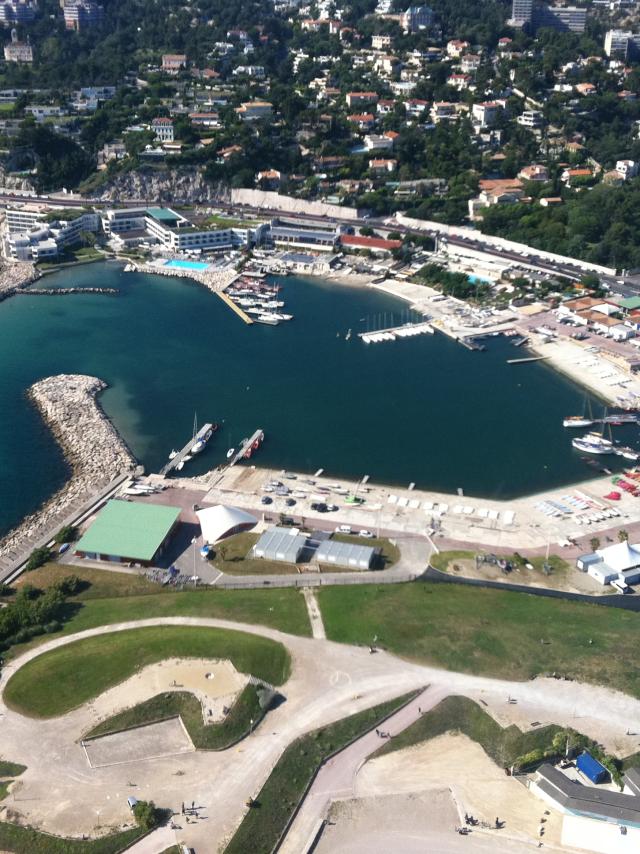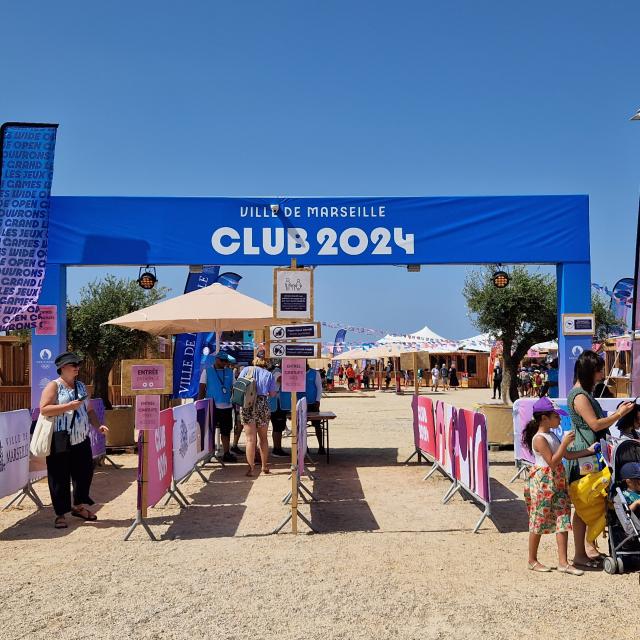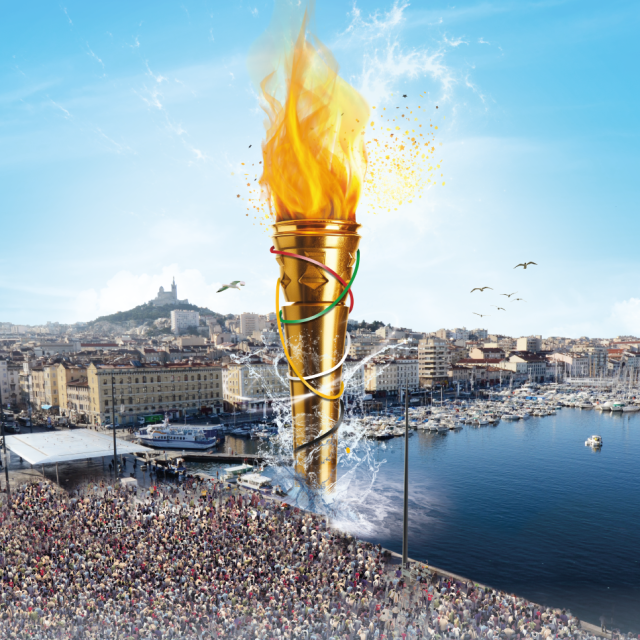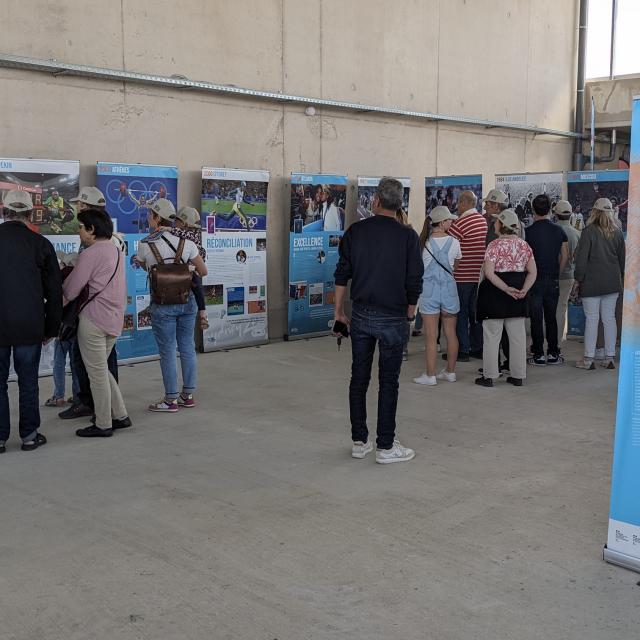History of Sailing at the Olympic Games
Key moments
Sailing was first included as an Olympic discipline at the 1900 Olympic Games in Paris.
This was due to the cancellation of the events scheduled for the first Games of the modern era in Athens in 1896, due to unfavourable weather conditions.
With the exception of the 1904 Games, sailing has always featured on the Olympic programme. As early as 1900, women took part in sailing events alongside men. It wasn’t until 1988, in Seoul, Korea, that the first all-women’s competition was held!
Developments in the sport over the years
Over the years, significant changes have been made to the boats used, marked in particular by the introduction of kitefoil and foil windsurfing at the 2024 Paris Games. The foil is an appendage that allows the craft to emerge and give the impression of flying above the water.
Great Britain and the United States have long been the dominant sailing nations, occupying first and second place in the medal table.
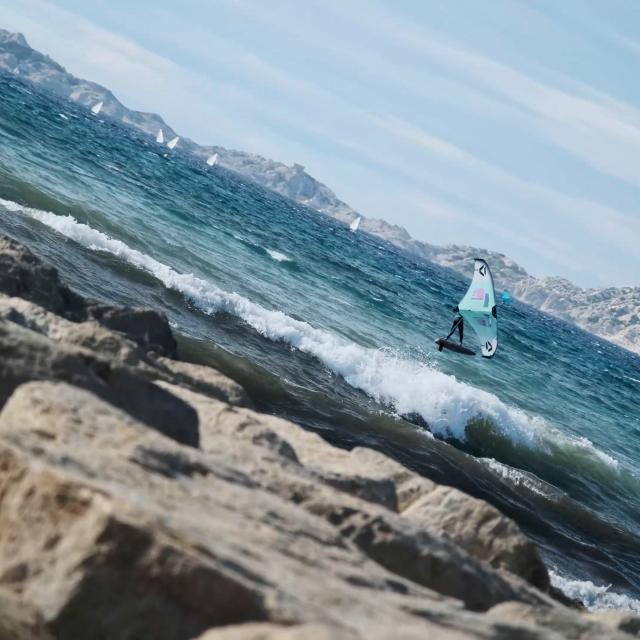 Sport De Voile Otlcm 1
Sport De Voile Otlcm 1